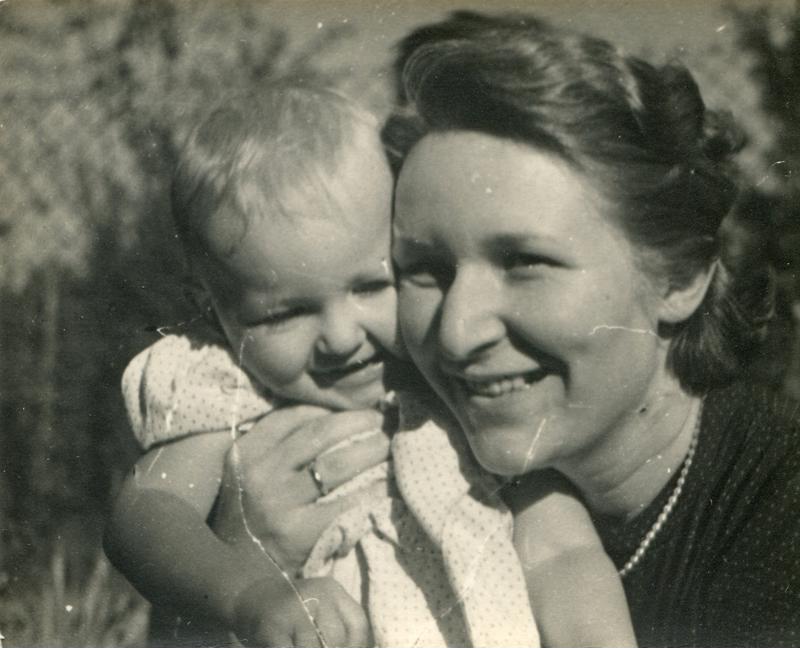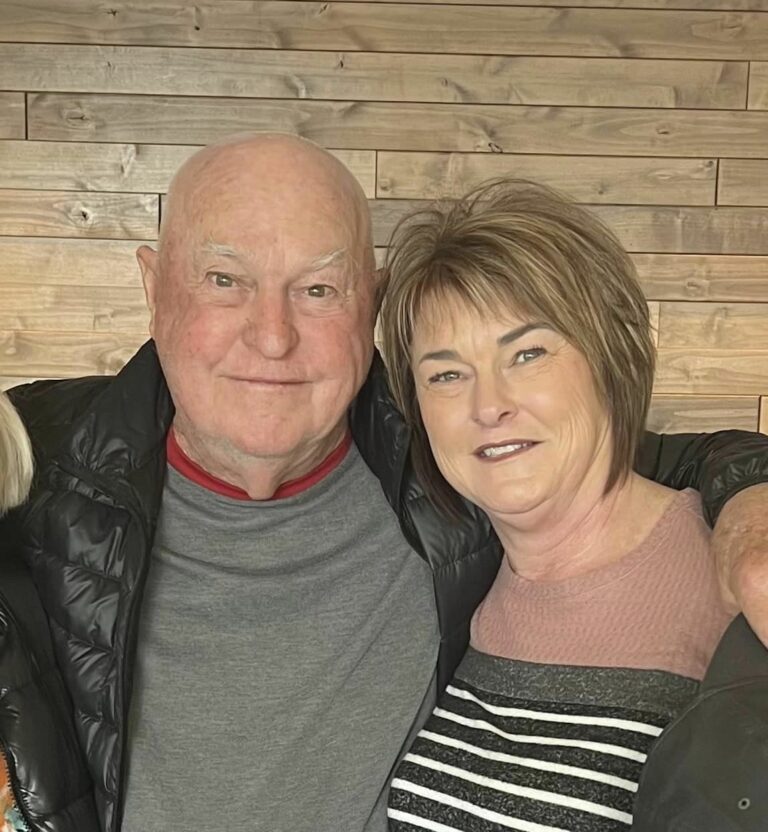
Having Alzheimer’s can be challenging as the condition progresses and a person loses more and more of their memory. But what about those around the residents who have to cope with the condition, too? Caregivers of senior loved ones can have a hard time watching their friend or family member slowly lose touch with them today.
Find Senior Living Near Me
If you know someone who has Alzheimer’s, here are some tips to help you cope with their condition:
Be Patient
A huge part of being around someone in assisted living memory care involves having patience. This individual may be at a stage where they don’t remember where they live or who you are as a visitor. Alzheimer’s care nurses and family members must be incredibly patient as they must constantly remind the residents who they are and their reason for being there. Watching this decline can be very frustrating, so step back and take a deep breath after repeating yourself a few times. Getting angry that your loved one can’t recall something doesn’t help anyone and may even make the senior more agitated and confused.
Savor the Good Days
For most people with Alzheimer’s, there are good days and not-so-good days. You may walk into the memory care assisted living and be greeted by name one day, while the next, the individual doesn’t have a clue who you are. Savor those good days, and enjoy being there for your loved one. These are the times to ask important questions they need to be lucid for, like administrative things involving their bank accounts or mail. Also, talk about important things, like grandchildren and even their spouse. You may consider making little notes about your visits to keep yourself or leave for the seniors to help you remember those days when they weren’t on top of their game.
“Some days are better than others.”
 People with Alzheimer’s often remember the distant past better than yesterday.
People with Alzheimer’s often remember the distant past better than yesterday.
Talk About the Distant Past
Alzheimer’s often affects long-term memory last. Your mom or dad will likely remember you since they’ve known you a long time, but they may forget your children’s names or the street outside their assisted living community window. To see the seniors in their glory, ask your loved ones about a long time, like when they were in high school or maybe the military. Recalling fond memories will help the senior feel better since they can get a footing on the world this way, and you’ll enjoy seeing your loved one light up when they can recall something or someone special.
Share Your Grief
You cannot bottle up your feelings about your loved one with Alzheimer’s. Share your frustration, anger, and sadness with a friend or relative. It’s even better to talk with someone who knows the senior and is experiencing similar feelings while coping with the condition. Letting your emotions out can help you better interact with the person when you are with them, plus you may find some solace in just talking about what’s going on. It’s a good idea to keep family members and friends in the loop about the senior’s condition, and sharing this info can also be cathartic for you. Knowing what to expect in terms of the person’s memory before seeing them is helpful. Be sure to tell their loved ones about your happy and sad visits because everyone can benefit from being aware of the senior’s state of mind.
Spend Time Away
It’s tempting to stick around your loved one’s assisted living community to be helpful when they need something and catch every last good day. This isn’t necessary, though. You must continue living your life and spending time away from the seniors, or you may become exhausted. It’s easy to get caught up in watching Alzheimer’s progress, but neither you nor your older loved one will benefit from this. Visit them often, but don’t shop in their apartment – you need some time away, too.




